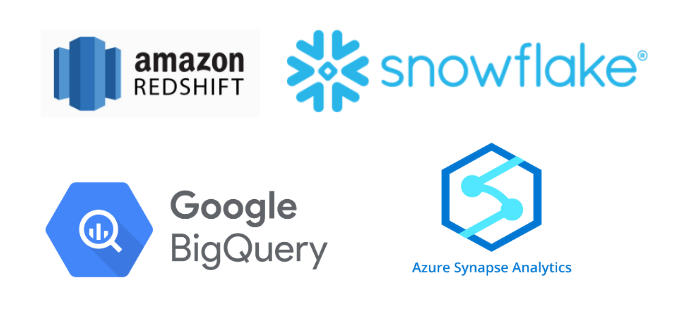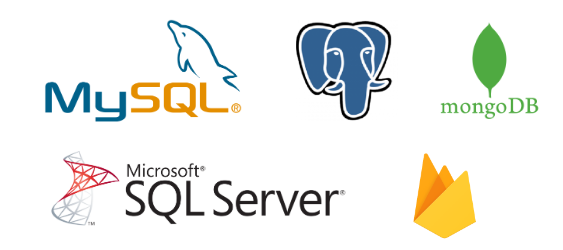Data Warehouses
What makes it a data warehouse and not just any ordinary database?
The terms "data warehouse" and "database" are not to be confused with each other.
A key concept here is to understand read and write speeds. Writing to a database is synonymous with downloading into the database. Reading from a database is synonymous with querying the database.
Below is a comparison between the two:
Databases | Data Warehouse |
|---|---|
Optimised for write speeds. | Optimised for read speeds. |
Commonly used in the backend of software systems due to fast write speeds. | Able to transform large amounts of data in short periods of time. |
Allow for vast amounts of data to be stored at once. | Utilises the power of the cloud computing. |
Many open-source databases like MySQL and Postgres exist for free. | Access to nodes across hundreds of servers allow the parallel processing of data for faster data transformation. |
Cloud storage becomes a feature, removing the need for locally stored data. |
Thus, data warehouses being optimised to handle large volumes of data in extraction, storage and transformation, are ideal for centralising data from multiple sources.

Examples of data warehouses. Shown are Amazon Redshift, Snowflake, Google BigQuery and Azure Synapse.

Examples of databases. Shown are MySQL, PostgreSQL, mongoDB, Microsoft SQL Server and Firebase. MySQL, PostgreSQL and Microsoft SQL Server are examples of SQL databases, whereas mongoDB and Firebase are examples of NoSQL databases.
Updated 3 months ago
